Trommel Screens in Modern Waste Sorting Systems
In an era where sustainability and environmental responsibility are becoming increasingly critical, the need for efficient waste management systems has never been more pressing. At the heart of modern waste sorting systems lies the trommel screen—a crucial piece of equipment that enhances the efficiency and accuracy of waste separation processes. This article delves into the importance of trommel screens, their functionality, and why they are indispensable in the recycling industry.
![LB85R6EPQ[]PK4]_$F%ZJ1H.png](/uploads/allimg/20240903/1-240Z3094929446.png)
Introduction to Trommel Screens
A trommel screen, also known as a rotary screen, is a mechanical device that separates materials based on their size and composition. It consists of a cylindrical drum with perforated holes of varying sizes. As the drum rotates, waste material is fed into it, and the rotation causes the material to tumble and fall through the holes, effectively sorting the waste based on size. The larger particles continue to travel through the drum, while smaller particles drop through the openings.
The Functionality of Trommel Screens
Trommel screens are designed to handle a wide variety of materials, including municipal solid waste (MSW), construction and demolition debris, compost, and recyclables. The versatility of these machines is one of the reasons they are so widely used in waste management systems.
Size-Based Separation: The primary function of a trommel screen is to separate materials based on size. The perforated drum can have different hole sizes, allowing for the separation of materials into different categories. For example, smaller organic materials might fall through the smaller holes, while larger pieces of plastic or metal continue through the drum.
Material Composition: Trommel screens are not only useful for size-based separation but can also be used to sort materials by their composition. For instance, in composting facilities, trommel screens can be used to separate fine compost from larger, unprocessed materials.
Efficiency and Throughput: The design of the trommel screen ensures a high throughput, meaning it can process large volumes of material in a relatively short amount of time. This is crucial in large-scale waste management operations where time and efficiency are of the essence.
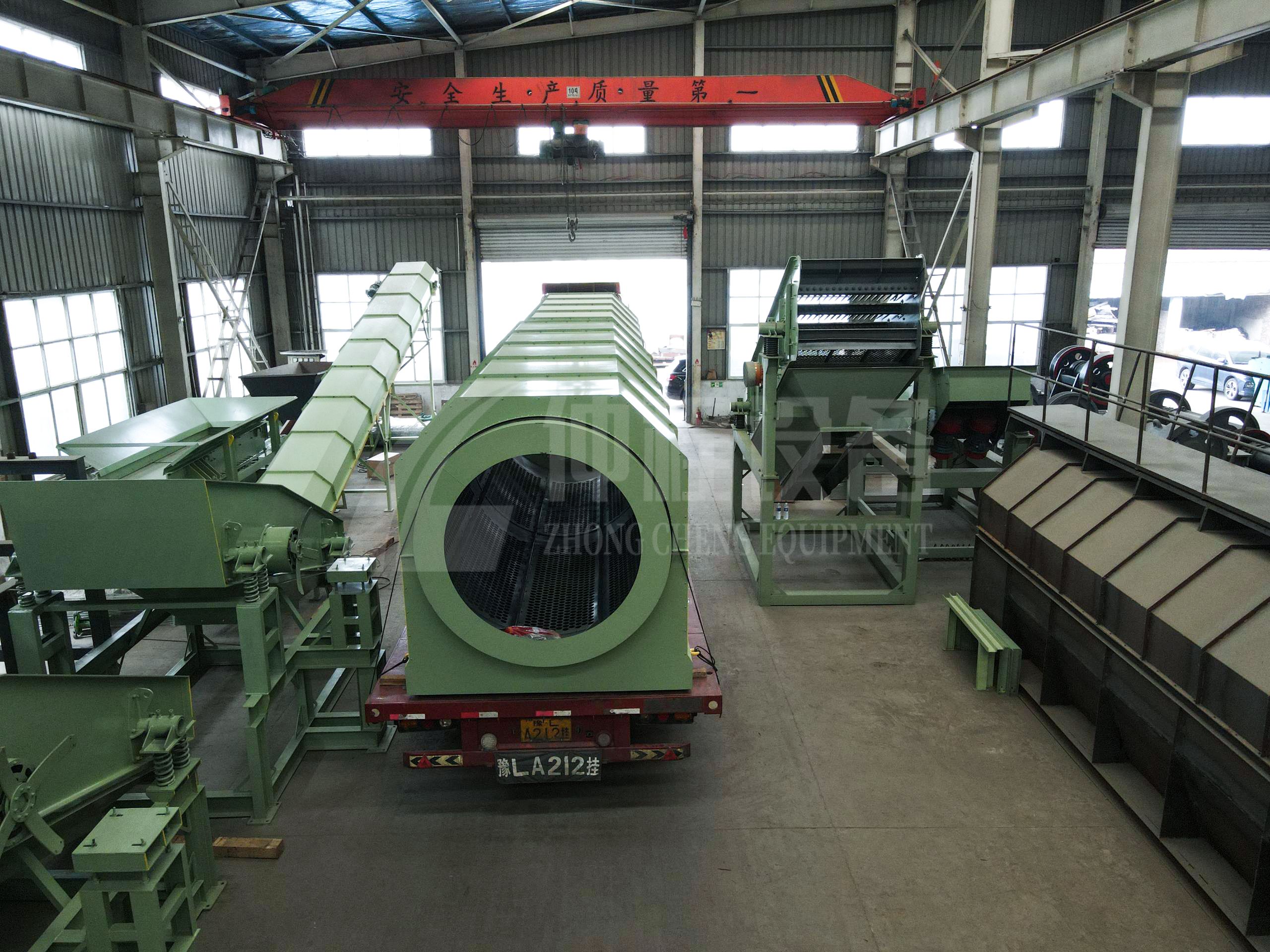
Applications of Trommel Screens in Waste Sorting
Trommel screens are used across various industries due to their adaptability and efficiency in material separation.
Municipal Solid Waste (MSW) Sorting: One of the most common applications of trommel screens is in the sorting of municipal solid waste. In these systems, the trommel screen separates waste materials into different size fractions, which can then be further processed. This is an essential step in ensuring that recyclable materials are recovered efficiently.
Recycling Facilities: In recycling plants, trommel screens play a vital role in the initial sorting process. They help separate materials such as glass, metals, and plastics from the waste stream, making it easier to process these materials further down the line.
Composting Operations: Trommel screens are also widely used in composting facilities. Here, they help in the separation of fine compost from larger, non-decomposed materials, ensuring that the final product is of high quality and free from contaminants.
Construction and Demolition (C&D) Waste: The construction industry also benefits from the use of trommel screens. In C&D waste sorting, trommel screens help separate materials such as wood, concrete, and metals, allowing for more efficient recycling of these materials.
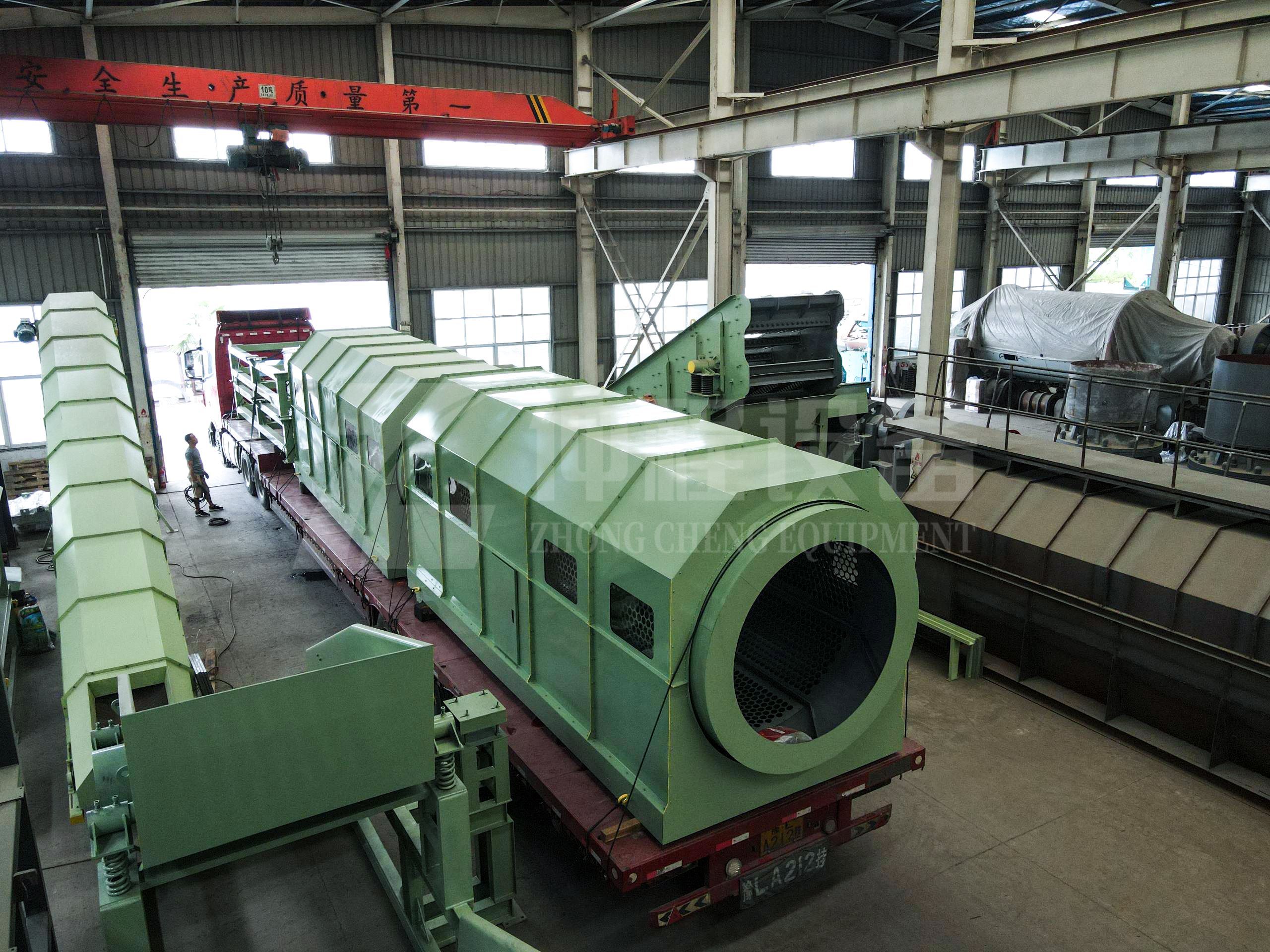
Advantages of Using Trommel Screens
The adoption of trommel screens in waste management systems comes with several advantages that contribute to the overall efficiency and effectiveness of the process.
High Throughput and Efficiency: Trommel screens are capable of processing large volumes of material quickly, making them ideal for facilities that deal with high waste input.
Versatility: The ability to customize the drum size and hole diameter makes trommel screens adaptable to a wide range of waste materials, from fine compost to large construction debris.
Low Maintenance and Durability: Trommel screens are designed to be robust and durable, with minimal maintenance requirements. The rotating drum is often made of heavy-duty materials that can withstand the rigors of constant use.
Cost-Effectiveness: Given their efficiency and low maintenance needs, trommel screens are cost-effective solutions for waste sorting facilities. They reduce the need for manual sorting and improve the overall speed of the waste processing operation.
Conclusion
Trommel screens are a cornerstone of modern waste sorting systems, providing an efficient, versatile, and cost-effective solution for separating materials based on size and composition. Their role in recycling facilities, municipal waste management, composting operations, and construction waste sorting is indispensable. As the world continues to grapple with the challenges of waste management, the trommel screen will undoubtedly remain a critical tool in ensuring that waste is processed efficiently, recyclables are recovered, and the environment is protected.
By incorporating trommel screens into waste sorting systems, industries can enhance their sustainability efforts and contribute to a cleaner, more efficient future.
-
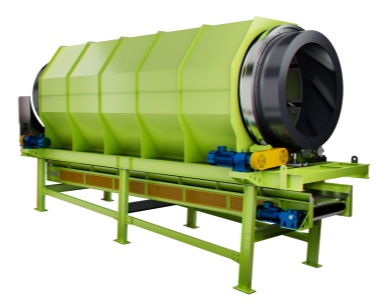 Trommel screenTrommel screen, also known as drum screens, are widely used in various industries for sorting and separating materials.Get Quote
Trommel screenTrommel screen, also known as drum screens, are widely used in various industries for sorting and separating materials.Get Quote -
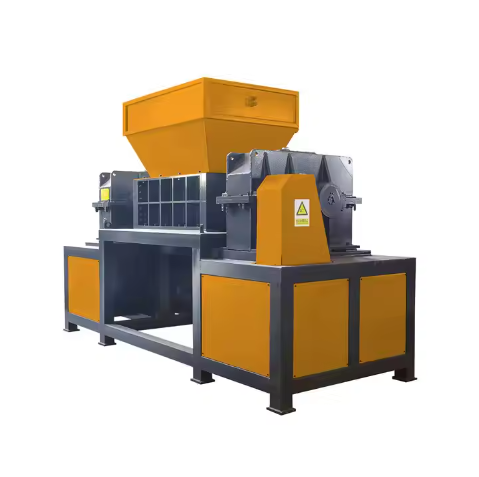 Crop straw double shaft shreddApplications:Biomass Energy Production: Shredded straw can be used as a feedstock for bioenergy plants to produce electricity or heat.Livestock Feed: Reduced-si...Get Quote
Crop straw double shaft shreddApplications:Biomass Energy Production: Shredded straw can be used as a feedstock for bioenergy plants to produce electricity or heat.Livestock Feed: Reduced-si...Get Quote -
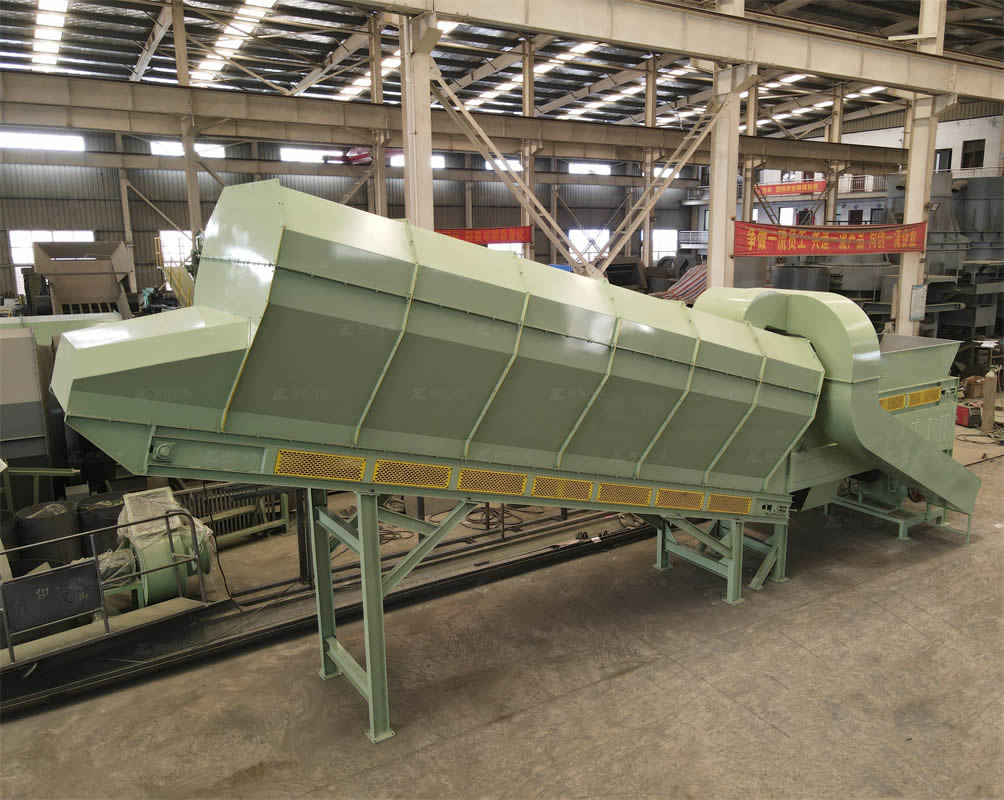 Zhongcheng Air Drum SeparatorAir drum separators effectively separate lightweight materials (e.g., plastics, paper) from heavier materials (e.g., metals, glass). This high efficiency is cru...Get Quote
Zhongcheng Air Drum SeparatorAir drum separators effectively separate lightweight materials (e.g., plastics, paper) from heavier materials (e.g., metals, glass). This high efficiency is cru...Get Quote
-
2024-05-18Spring Cone CrusherSpring cone crushers are generally used in the medium and fine crushing links of mine crushing, and are mainly used in the secondary crushing and tertiary crush...
-
2024-06-05Waste Trommel And Copmost TrommelHowever, it's important to choose the right type of drum screen based on your specific needs. Today, Kevin from Zhongcheng Company will explain the differences...
-
2024-04-13Vibrating FeederA vibrating feeder is a mechanical device used to convey materials, typically in bulk, from one location to another in a controlled manner. This equipment is co...
-
2023-01-12Waste Baler For MSWHigh density solid waste balers are the final step before sending waste to landfill. Horizontal balers designed and manufactured for this difficult job and prov...
-
2024-07-12Crush to Create: The Ultimate Eco-Friendly Plastic Shredder RevolutionThe working principle of a plastic shredder is mainly to tear large plastic materials into small pieces or fragments through mechanical force, in order to facil...



